In honor of our #Potterweek crossover with Common Room, I thought it would be good to talk about a fandom so huge it’s spawned its own genre of rock, stage play, after-book sequels, and even an activist movement. The boy wizard created by J.K. Rowling is dear to so many of our hearts, and his stories have captured an entire generation. If you didn’t grow up (or grow into adulthood, as in my case) with Harry, this fandom can seem like an intimidating behemoth. I’m here to break down the basics and let you know where the fandom has been, where it is going, and your best point of entry if you want to get involved. (Spoiler: just pick up the first book. If you like imaginative storytelling, worldbuilding, and magic, you’ll probably be hooked pretty quickly.)
Where it began
Harry Potter and the Philosopher’s Stone (or Sorcerer’s Stone, as it’s called in the United States) was published in 1997, though it is generally set several years earlier than that. (Harry was born in 1980, so the first story actually takes place during the 1991-1992 school year. More on that later.)

image source: Wikipedia
The book is written by Joanne “Jo” Rowling, who goes by the pen name J.K. Rowling. According to her website:
The use of a pen name was suggested by her publisher, Barry Cunningham. He thought that young boys might be wary of a book written by a woman, so Joanne chose ‘K’, for ‘Kathleen’, the name of her paternal grandmother.
The initial idea for Harry Potter came to her while she was stuck on a delayed train, and the rest, as they say, is history. Harry’s family tragedy and the deep emotional resonance of the stories come from her own experiences of loss, particularly of her mother, and of the struggles she faced in the years afterward, and as a single mother. These familial relationships, and the desire for love to conquer all in the end, are the running threads throughout the stories.
Six more books followed Philosopher’s Stone and they quickly turned into a worldwide sensation, with people waiting in bookstores for midnight releases (often in full cosplay, no less) and an explosion of fanfic, art, music, and movements all centered around the story of a boy wizard.
The Timeline
As I mentioned, the first book takes place during the 1991-1992 school year, so that the final story ends in 1998, bringing it full circle to the publication years. The years don’t have much effect on a casual reading of the books, but it’s good sometimes to place them into context. While the wizarding world doesn’t use the same technology that muggles do (computers, cell phones, etc), it can still help to understand why certain characters don’t, say, Google the answer to something. It’s also kind of nice to see how technology is the muggle response to not having magic as our tech devices become more and more “magical” in the real world. It’s also fun to imagine what’s happening in the lives of the characters now.
The Terminology
One of the things about getting into Harry Potter and all related things is that there’s a whole new language to learn. Many of the terms have drifted into the pop culture lexicon and can be used in ways beyond the context of the stories (like “Muggle”), and many other aspects of geek culture cross in and out of Harry Potter. Here are some basic terms you’ll need to know as you begin to navigate the waters.
Potterhead: A Harry Potter fan.
Witch/Wizard: These are the generic terms for magical people, though the magical community at large is the “Wizarding World” or “Wizarding Community.”
Muggle: Non-magical person who isn’t born into magical families. This is the vast majority of the population. (Can also mean someone who isn’t familiar or initiated into a particular fandom/group/etc.)
Squib: A non-magical person born into a magical family. Very rare and uncomfortable for the squibs.
Hogwarts: The secondary school for magical children in Great Briton. That’s grades 6 through 12 for those of you who number that way, though at Hogwarts it’s called years 1 through 7.
House: This is the group of students into which you are sorted when you enroll in Hogwarts. Each House has a dormitory and takes classes together for their entire seven years at school. There are four Houses and most people have traits of each House, because people are complex. “Which House are you?” is one of the first questions most Potterheads will ask one another. The Houses are Gryffindor, Ravenclaw, Hufflepuff, and Slytherin.
Quidditch: The biggest sport in the wizarding world, and is played in real life around the world. (Again, more later.)
Voldemort: The baddie, pure and simple. He is evil incarnate, and usually referred to as “You-Know-Who” or “He-Who-Must-Not-Be-Named” though Albus Dumbledore (Hogwarts Headmaster at the time of these books) insists that fear of a name increases fear of the thing itself. So say the name. Or call him “Voldy.” It rhymes with moldy and fits.

image source: harrypotter.wikia.org
The Movies
Many people are first introduced to Harry Potter through the movies, and I for one am glad there’s a medium that works so well to bring people into the fold. I will say, however, that the movies can be a lot to unpack. The first two movies tried to fit everything into them and so can be a little confusing if you’ve never encountered the story before. The third and fourth movies went the other direction and started skimming through parts that play vital roles in later stories. You can thoroughly enjoy the entire movie canon without ever picking up a paperback, but you will be missing some of the nuance. Just mention the “Marauders” to any Potterhead and watch their eyes bug out a little. All the same, the imagery of the films is beautiful and adds depth to the stories. Plus you get Alan Rickman and Dame Maggie Smith and what’s not to love about that?

image source: thehpalliance.org
Wrock, the theme parks, the Harry Potter Alliance, and other things
The Harry Potter fandom is, indeed, massive, but there are a number of places to either get involved or to find your own niche within the community. Here are some of the ways you can be a Potterhead in your everyday life:
- Wizard Rock, or Wrock: Wrock began early in the life of the Harry Potter fandom, and is essentially a musical community where all of the bands and music is based on Potter-related things. Perhaps most famous is Harry and the Potters’ song “Save Ginny Weasley” (spoiler warning for book 2.)
- The Wizarding World of Harry Potter: Universal Studios in Orlando, Florida, USA, opened a Potter-based theme park in 2010. Due to its popularity, it has since been hugely expanded and is getting a second location at Universal Studios in Los Angeles, set to open in 2016.
- The Harry Potter Alliance: The HPA is a non-profit organization run by fans of Harry Potter. Their values align with the values in the books, and their projects have included aid and relief to Haiti, massive book donations to libraries and other groups in need (their annual “Accio Books” project), a petition to ensure chocolate frogs sold under the Harry Potter license are sourced from fair trade chocolate, and marriage equality among many other things.
- Pottermore: Pottermore is the official site for the ebooks, but it is also an interactive reading experience with inside information from J.K. Rowling about the books, characters, and all sorts of things. You can experience animated scenes for each chapter as you read (and if it’s your first time experiencing the book, this might be a fun way to do it)! It’s also good about spoilers, only revealing information for each book as you come to it, so feel free to proceed! One cool feature about Pottermore is that it includes a Sorting Hat experience to sort you into your Hogwarts House at the same time that Harry is sorted in the books. You also get “chosen” by a wand and can brew potions. Check it out if you’ve always wondered!
- International Quidditch Association: The wizarding sport of Quidditch is so popular it has spawned a real-life international sporting organization, complete with World Cup tourneys.

image source:harrypotter.wikia.org
The Cursed Child and Newt Scamander
One of the great things about being a new fan is that there is brand new content coming in the very near future! Two projects are in the works right now for fans to experience the wizarding world in new and exciting ways.
- Harry Potter and the Cursed Child: This is a play coming to London’s West End in mid-2016, and will focus on Harry’s early childhood before he discovers his magical abilities.
- Fantastic Beasts and Where to Find Them: J.K. Rowling penned a couple of Harry’s schoolbooks to raise money for charity, one of which is the textbook Fantastic Beasts and Where to Find Them. This is being adapted for the big screen and will stand alone from the Harry Potter stories, so if you’re looking for a place to jump in without needing outside knowledge, this is the place to do it!
The Boy Who Lived
Clearly Harry’s stories continue to captivate and inspire people and probably will for a long time to come. With so much still actively happening within the fandom, from the new movies to the stage play (which is not a prequel, as J.K. Rowling has tweeted repeatedly), there’s never been a better time to be a Potterhead. Pick up the first book, find your house, and discover a whole new way to bond with total strangers the world over. You’ll discover the Hogwarts alumni are a welcoming bunch.
#Gryffindorpride
Want to know more about #Potterweek? Read the original post at Common Room here, and follow #Potterweek on Twitter for up to date Potterweek fun.


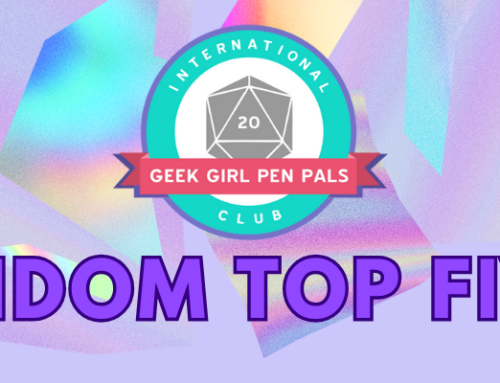
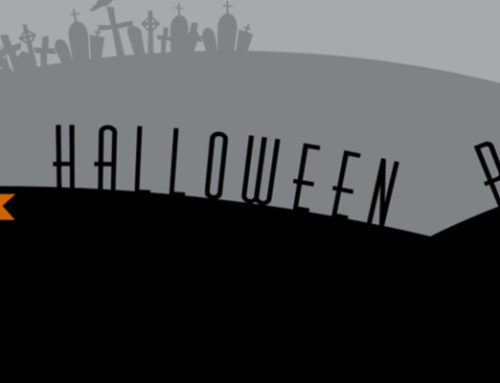
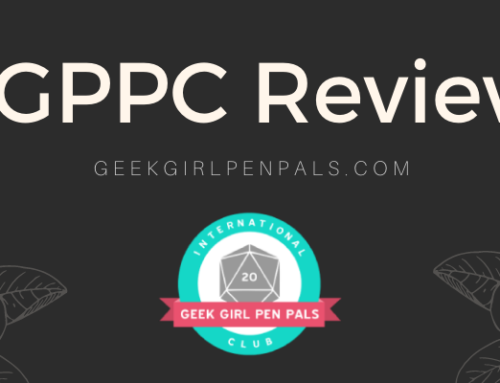
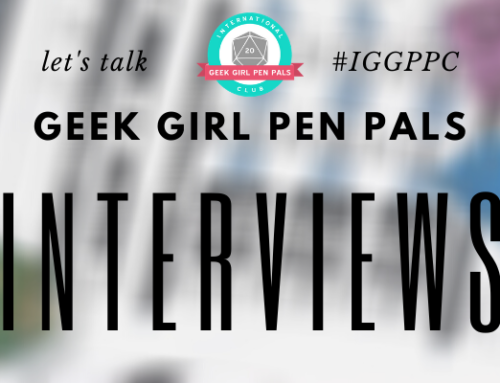
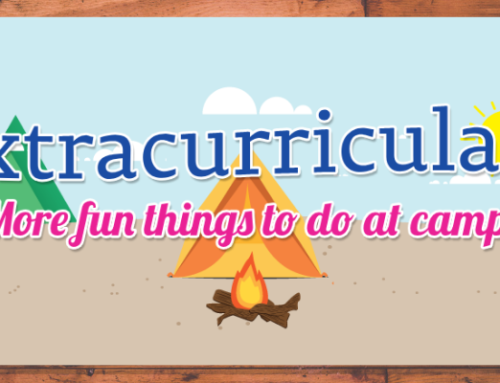
Perfect write up Joanna. Gryffindor Pride indeed 🙂
Will you be making the trek back to the UK to see the Cursed Child?
Happy Potterweek!
Oh, that would be amazing. I’m thinking I might have to wait for it to make a US tour someday, though…. Happy Potterweek to you!